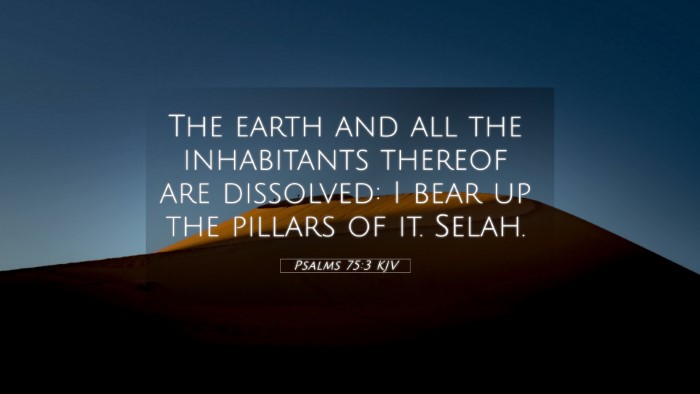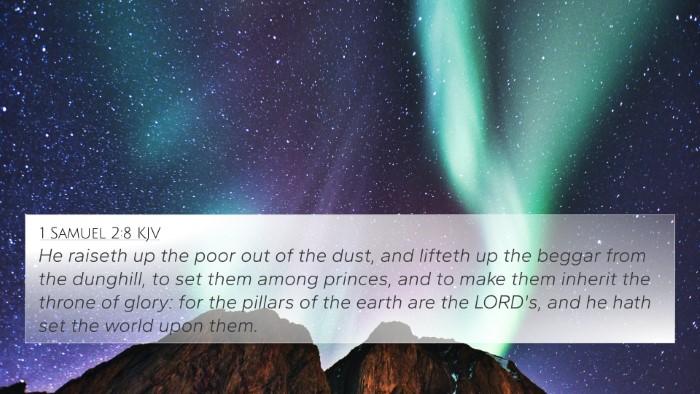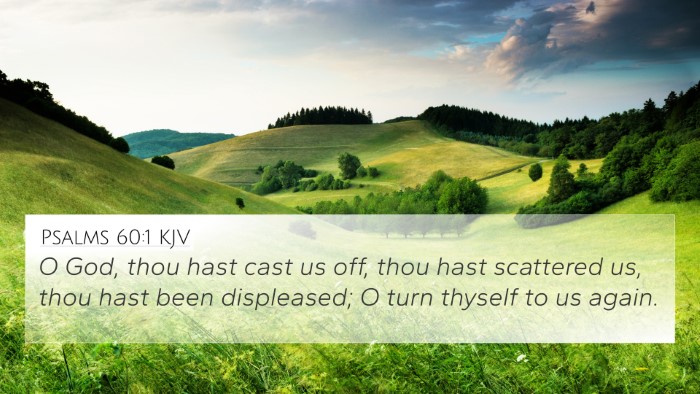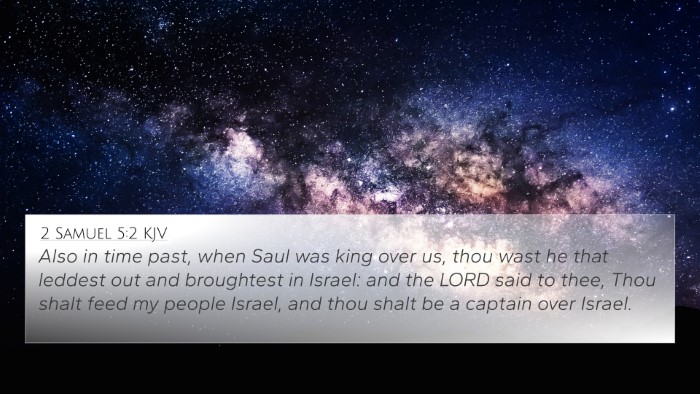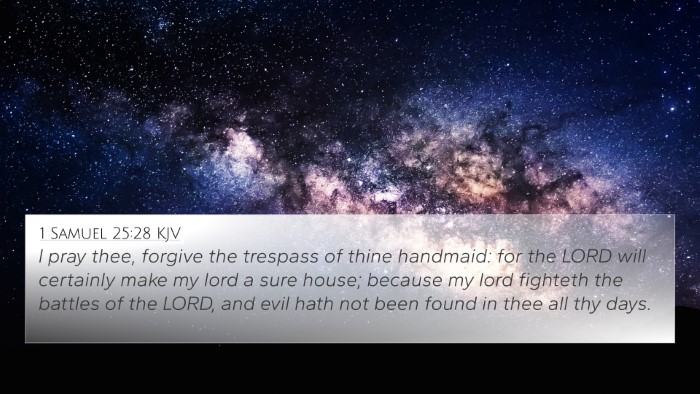Understanding Psalm 75:3
Psalms 75:3 states: "When the earth and all its people quake, it is I who hold its pillars firm." This verse can be understood as an affirmation of God's sovereignty and control over the world, especially during times of turmoil and uncertainty.
Meaning of Psalm 75:3
This verse emphasizes several key theological insights:
-
God's Sovereignty: The verse underscores that despite the instability and chaos experienced on earth, it is God who remains in control, akin to a master craftsman holding firm the foundations of a structure. Both Matthew Henry and Albert Barnes affirm this interpretation, noting that God is the stabilizing force in a world that often feels perilous.
-
The Nature of Divine Authority: Adam Clarke highlights God's authority to judge and maintain the moral order of the universe. The 'pillars' metaphor relates to God’s governance, supporting the structure of societal and cosmic order. His authority reassures believers during crises.
-
Assurance Amidst Chaos: The imagery of the earth quaking relates both to natural disasters and social upheaval. This evokes a sense of fear, but the verse comforts by reminding that God’s hand steadies all things. Both Henry and Clarke discuss the role of divine providence in times of strife.
-
Call for Reverence: The acknowledgment of God’s sustaining power evokes a reverent response from humanity. There is an implied encouragement for believers to place their trust in God, recognizing that He is the ultimate source of stability and strength.
-
Inter-Biblical Connections: This verse resonates with other scriptures emphasizing God’s control, creating a broader theological framework. Understanding this verse can benefit from examining its connections with other parts of the Bible.
Cross-References for Psalm 75:3
Several Bible verses connect thematically or contextually with Psalm 75:3, enriching our understanding:
- Psalm 46:2-3: “Therefore we will not fear, though the earth give way and the mountains fall into the heart of the sea.” This verse reaffirms trust in God’s presence during chaotic times.
- Isaiah 40:22: “He sits enthroned above the circle of the earth, and its people are like grasshoppers.” This highlights God’s supremacy over creation.
- Matthew 8:26: In the New Testament, Jesus calms the storm, demonstrating His authority over nature, akin to the themes presented in Psalm 75.
- Proverbs 10:25: “When the storm has swept by, the wicked are gone, but the righteous stand firm forever.” This underscores the enduring strength provided by God amidst life’s tempests.
- Psalm 125:1-2: “Those who trust in the Lord are like Mount Zion, which cannot be shaken but endures forever.” This verse connects the ideas of trust and stability in God.
- Lamentations 3:22-23: “The steadfast love of the Lord never ceases; his mercies never come to an end.” This verse invites reflection on God’s unchanging nature during turbulent times.
- Hebrews 12:26-28: “At that time his voice shook the earth, but now he has promised, ‘Once more I will shake not only the earth but also the heavens.’” This indicates God’s ultimate authority and coming judgments.
Thematic Connections in Scripture
Exploring the themes in Psalm 75:3 through other Biblical passages provides deeper insights into God's nature and His interaction with creation. The thematic connections can be viewed as follows:
-
Divine Protection: Many verses extol God’s protective nature, offering believers trust during uncertain times. For example, Psalm 121 speaks of how God watches over His people.
-
Judgment and Justice: God’s control reflects His justice, as seen in verses like Romans 12:19, where vengeance is left to God. This indicates not only His authority but His commitment to moral order.
-
Human Response: In light of God’s sovereignty, scripture often calls for human response—the need for humility, reliance, and faith in God, which is echoed throughout the Bible, such as in James 4:10.
-
Hope in Adversity: Many passages encourage believers to hope in God’s promises amidst trials (e.g., Isaiah 41:10). Psalm 75:3 fits within this broader motif.
Tools for Bible Cross-Referencing
To explore connections like those found in Psalm 75:3, various tools are available for deeper study:
- Bible Concordance: A comprehensive index of topics and corresponding verses, aiding in cross-referencing and thematic studies.
- Cross-Reference Guide: Handy resources that correlate similar scriptures, helping readers explore inter-Biblical dialogue.
- Bible Reference Resources: Books and online tools that facilitate understanding of references across various books of the Bible.
- Cross-Referencing Bible Study Methods: Techniques that encourage readers to engage with scripture in a connected manner, such as thematic studies or typological connections.
How to Use Bible Cross-References
Utilizing cross-references allows for a comprehensive understanding of scripture:
- Identify the specific verse or theme you are studying.
- Look for footnotes or references in your Bible that indicate related passages.
- Consult a concordance or use online tools to find connections.
- Reflect on how these verses support or clarify the meaning of the initial verse, enriching your understanding.
Conclusion
Psalms 75:3 provides profound insights into God's sovereignty, authority, and assurance amidst life's upheavals. By exploring linked scriptures, one can appreciate the depth of God's promise and the steadfastness offered to His followers. Employing cross-referencing tools can aid in a deeper understanding, allowing for a richer engagement with the Word of God.

